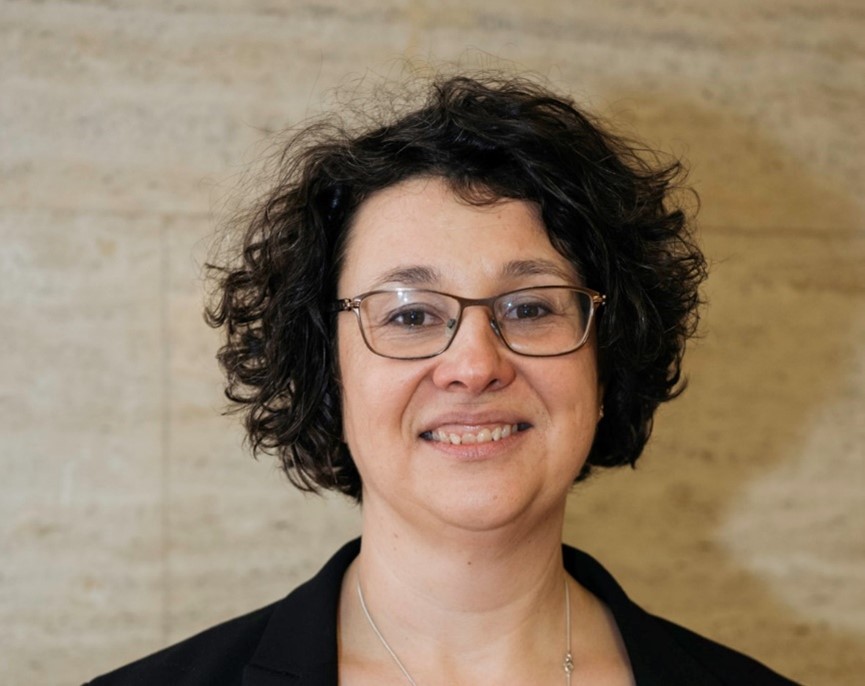Sustainable fishing

"engage to change"
Sandy Luk, CEO of the Marine Conservation Society
The oceans are vast, deep, and largely unexplored. The seas have for countless generations provided a seemingly limitless source of food in exchange for humankind’s wastes. It was long thought by many that the vast expanse of our oceans ensured that “dilution is the solution to pollution.”
Today, it is abundantly clear that “we are putting too much in; taking too much out” as Sandy says.
Chemicals from our activities end in the sea, and, often, in our seafood. Our voracious appetite for seafood has significantly depleted life in the previously teeming sea.
Climate change is not only warming the seas causing some species to migrate and others to decline in numbers. It is also making the water more acidic – making it more difficult for species that need shells to make them and hence reduce their chance of survival, and dissolving shells deposited on the seafloor, that would otherwise sequester carbon.
The less life (animals and plants, from whales to plankton) in the oceans, the less carbon the sea absorbs, adding to the vicious circle of climate change.
A growing number of respected scientists, including Sylvia Earle, have told us that they would no more eat a wild-caught fish, than they would eat a lion, giraffe or panda. Fish are, after all, wild animals, and increasingly threatened ones. Many have recently watched the documentary “Seaspiracy” and similar exposes, which reveal many concerning issues about global fisheries. Both reviled as “vegan propaganda” and praised as brave truth-telling, it has certainly gotten people talking.
That said, fish is an important part of the diet and economies of many communities and fish consumption is projected to increase in coming decades. Those of us who want to continue to eat fish have a responsibility to “engage to change” as Sandy puts it. We need to demand more information on what we are sold:
- what species
- where it comes from and
- how it is caught.
These three factors are key to deciding if fish is caught sustainably – in other words, if we are taking out less than the remaining fish can replace, and if methods used are not causing irreparable damage to the seabed and the seas. We can do something about it – if you choose to eat fish, source your fish wisely – know what you are eating!
Check out the Good Fish Guide from the Marine Conservation Society when buying fish.
Of course, an increasing proportion of the fish we eat is farmed – aquaculture is a growing industry. It has its own challenges and trade-offs, and will be the subject for another episode.
*** The views we and our guests express in this podcast are our own ***